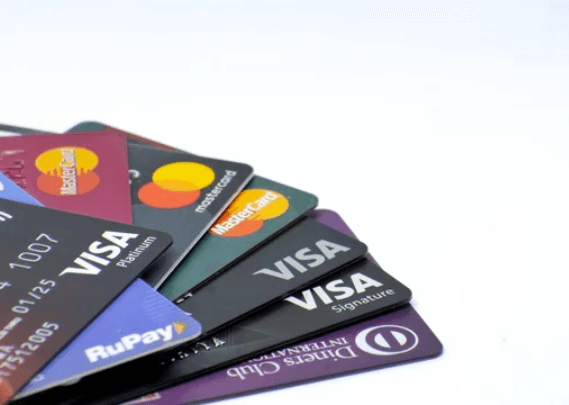
In today’s globalized world, international transactions using credit and debit cards have become common, whether for online purchases, travel expenses, or business transactions. However, many cardholders are unaware of the various charges levied by banks in India when using their cards for foreign currency transactions. This article provides a detailed breakdown of international transaction charges, helping you make informed financial decisions and avoid unnecessary fees.
Types of Charges on International Transactions
When you use an Indian credit or debit card for international payments, several charges may apply:
1. Foreign Currency Markup Fee
- Banks charge a markup fee for converting INR to a foreign currency.
- Typically ranges between 2% and 4% of the transaction amount.
2. GST on Markup Fee
- 18% GST is applicable on the foreign currency markup fee.
- Example: If the markup fee is ₹300, GST will be ₹54, making the total extra charge ₹354.
3. ATM Withdrawal Fees (Cash Withdrawals Abroad)
- If you use your debit or credit card to withdraw cash at an international ATM, additional charges apply.
- Fixed Fee: ₹250–₹500 per withdrawal.
- Foreign Exchange Markup: 2%–4%.
- ATM Operator Fees: Some foreign ATMs may charge an extra fee.
4. International Transaction Processing Fee
- Some banks charge an extra processing fee (1%–3%) for foreign transactions.
- Visa/Mastercard: Usually 1%–1.5%.
- American Express/Diners Club: 2.5%–3.5%.
5. Interest Charges on Credit Cards
- If the transaction amount is not paid within the billing cycle, interest applies.
- Interest Rate: 2.5%–3.5% per month (30%–42% annually).
Bank-Wise International Transaction Charges
Below is a comparative table of international transaction charges for various Indian banks:
| Bank Name | Foreign Currency Markup Fee | ATM Withdrawal Fee (Abroad) | Processing Fee |
|---|---|---|---|
| HDFC Bank | 3.5% + GST | ₹500 per withdrawal | 1%–1.5% |
| ICICI Bank | 3.5% + GST | ₹500 per withdrawal | 1%–2% |
| SBI Card | 3.5% + GST | ₹500 per withdrawal | Processing fee applies |
| Axis Bank | 3.5% + GST | ₹500 per withdrawal | 1%–2% |
| Kotak Mahindra | 3.5% + GST | ₹300 per withdrawal | 1% extra charge |
| American Express | 3.5% + GST | ₹500 per withdrawal | 2.5%–3.5% |
| IndusInd Bank | 3.5% + GST | ₹300 per withdrawal | 1.5% |
| Yes Bank | 3.5% + GST | ₹500 per withdrawal | 1%–1.5% |
How to Avoid High International Transaction Charges
- Use Forex Cards – Preload foreign currency to avoid markup fees.
- Opt for Zero-Markup Cards – Some premium credit cards offer zero forex markup (e.g., Niyo Global, Zolve, IndusInd Exclusive).
- Avoid Dynamic Currency Conversion (DCC) – Always pay in the local currency instead of INR to get better rates.
- Check for Travel-Friendly Cards – Certain banks offer credit cards with lower forex charges, such as SBI Elite, HDFC Regalia, and Axis Burgundy.
- Use UPI-Based International Payments – Some Indian banks now allow UPI payments for international transactions at lower fees.
Conclusion
Being aware of international transaction charges on credit and debit cards can help you make better financial decisions while spending abroad. Compare various bank charges, choose a low-fee card, and consider alternative payment methods like Forex Cards and UPI for better savings.
For more banking and personal finance insights, keep following Banking Insights!
Frequently Asked Questions (FAQs)
1. Which Indian credit card has the lowest foreign currency markup fee?
Cards like Niyo Global, IndusInd Exclusive, and Zolve offer zero or lower forex markup.
2. Are international online transactions free?
No, banks charge a markup fee (2%–4%) on foreign currency transactions.
3. Can I use my debit card abroad without extra charges?
Most Indian debit cards charge foreign currency fees, but some premium accounts offer zero-fee withdrawals.
4. How can I check my bank’s international transaction charges?
Visit your bank’s official website or check your credit/debit card terms and conditions.
Stay updated with the latest finance and banking news on Banking Insights!
